A dedicated photojournalist, educator, thinker, runner and dancer, Paul Lowe influenced a generation of students, academics, journalists, and art & culture workers, writes his friend and LCC colleague, Max Houghton
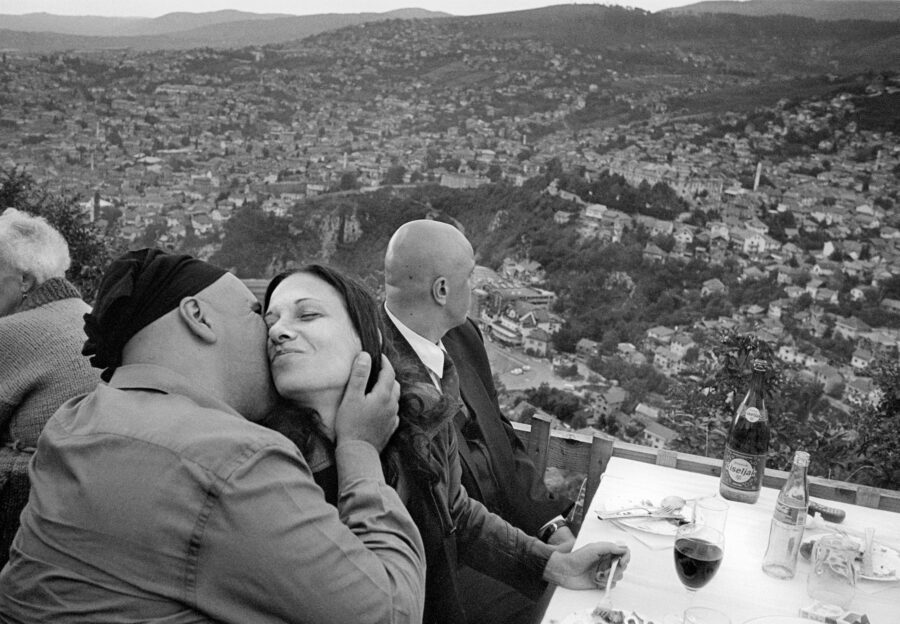

A dedicated photojournalist, educator, thinker, runner and dancer, Paul Lowe influenced a generation of students, academics, journalists, and art & culture workers, writes his friend and LCC colleague, Max Houghton
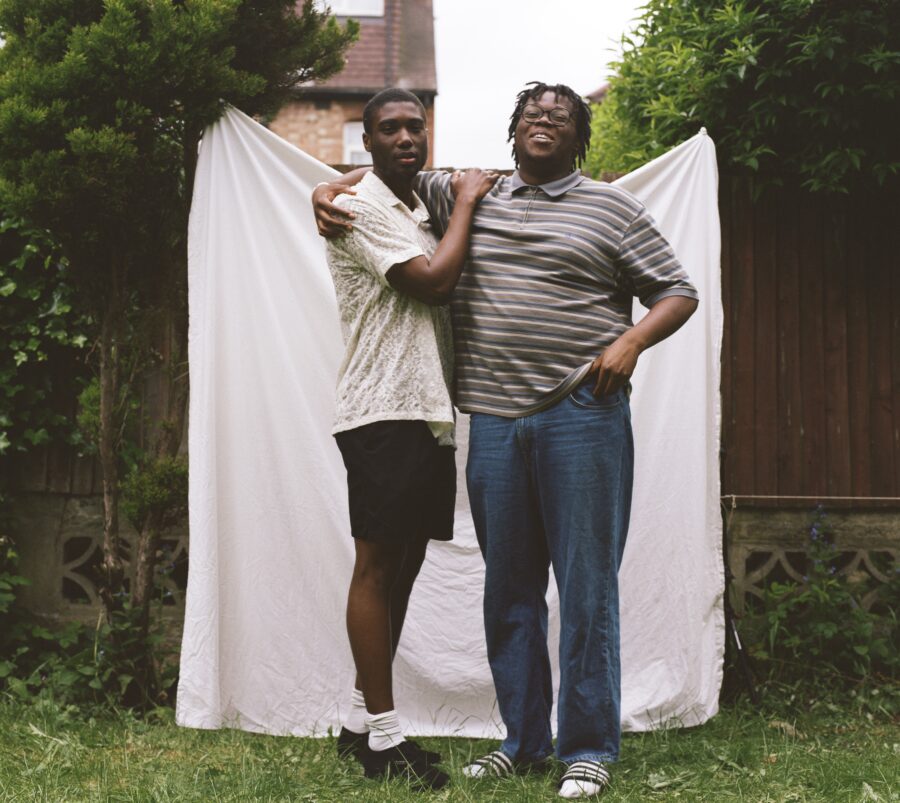
In his graduate project, this young photographer explores family, identity and the diasporic experience
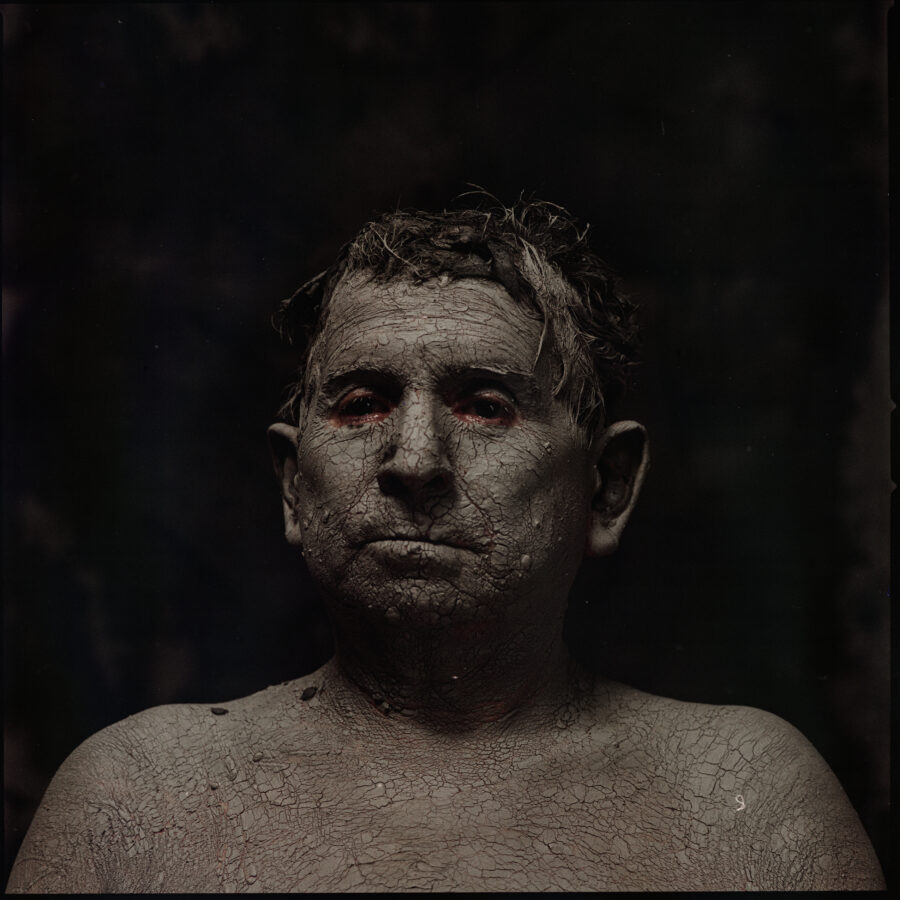
Carlos Saavedra’s combination of archival, documentary and staged images respond to a fatal volcanic eruption which could’ve been anticipated
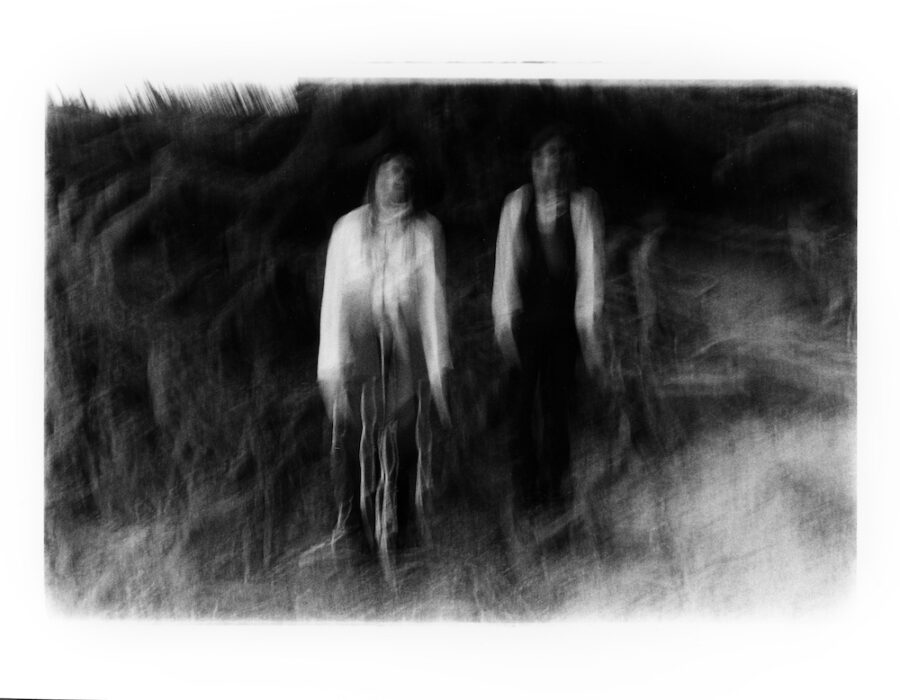
Through two graduate projects, Margarita Galandina reinterprets her Siberian heritage – blurring the line between the staged and the candid
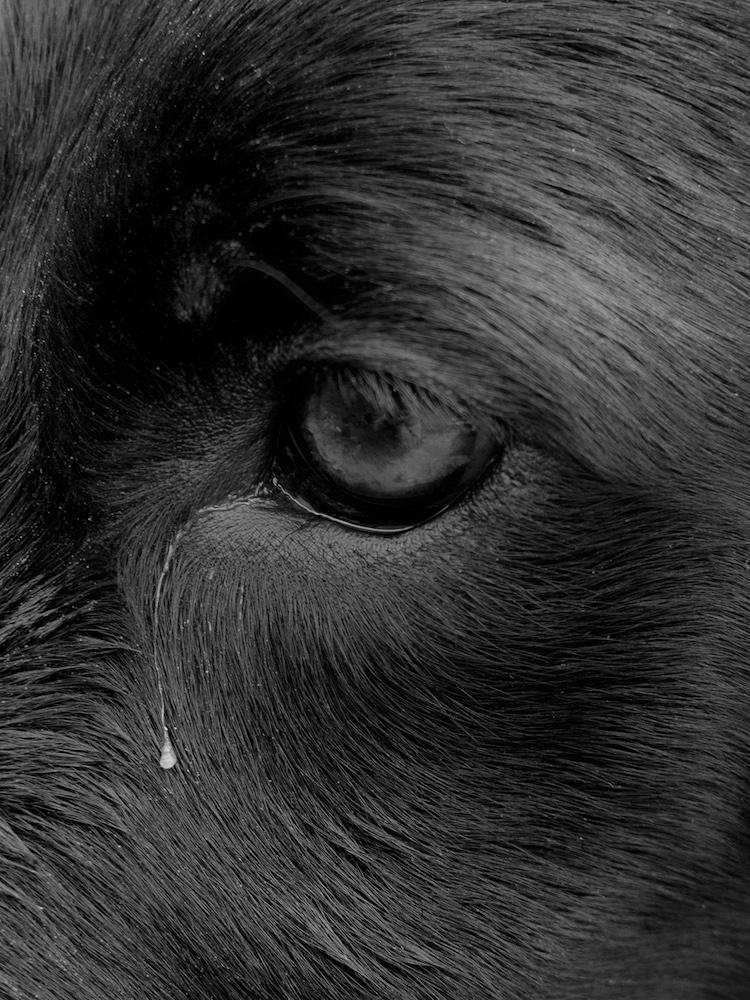
Irish photographer Iollann Ó Murchú’s graduate project offers a poetic, black-and-white exploration of his homeland
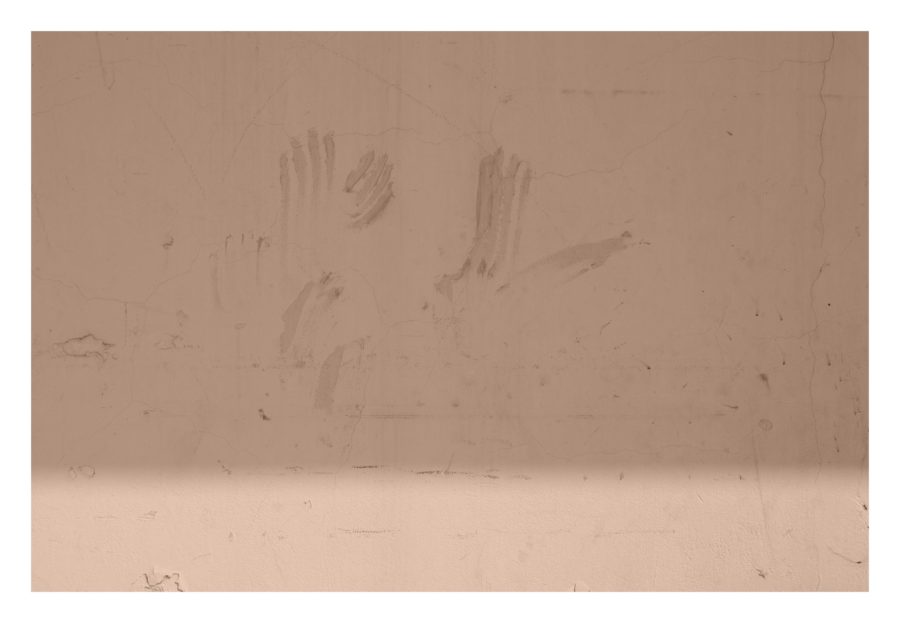
When the catastrophic blaze tore through the seaside region of Attica, the young mother instinctively began to document the experience, which she now self-published in a photobook
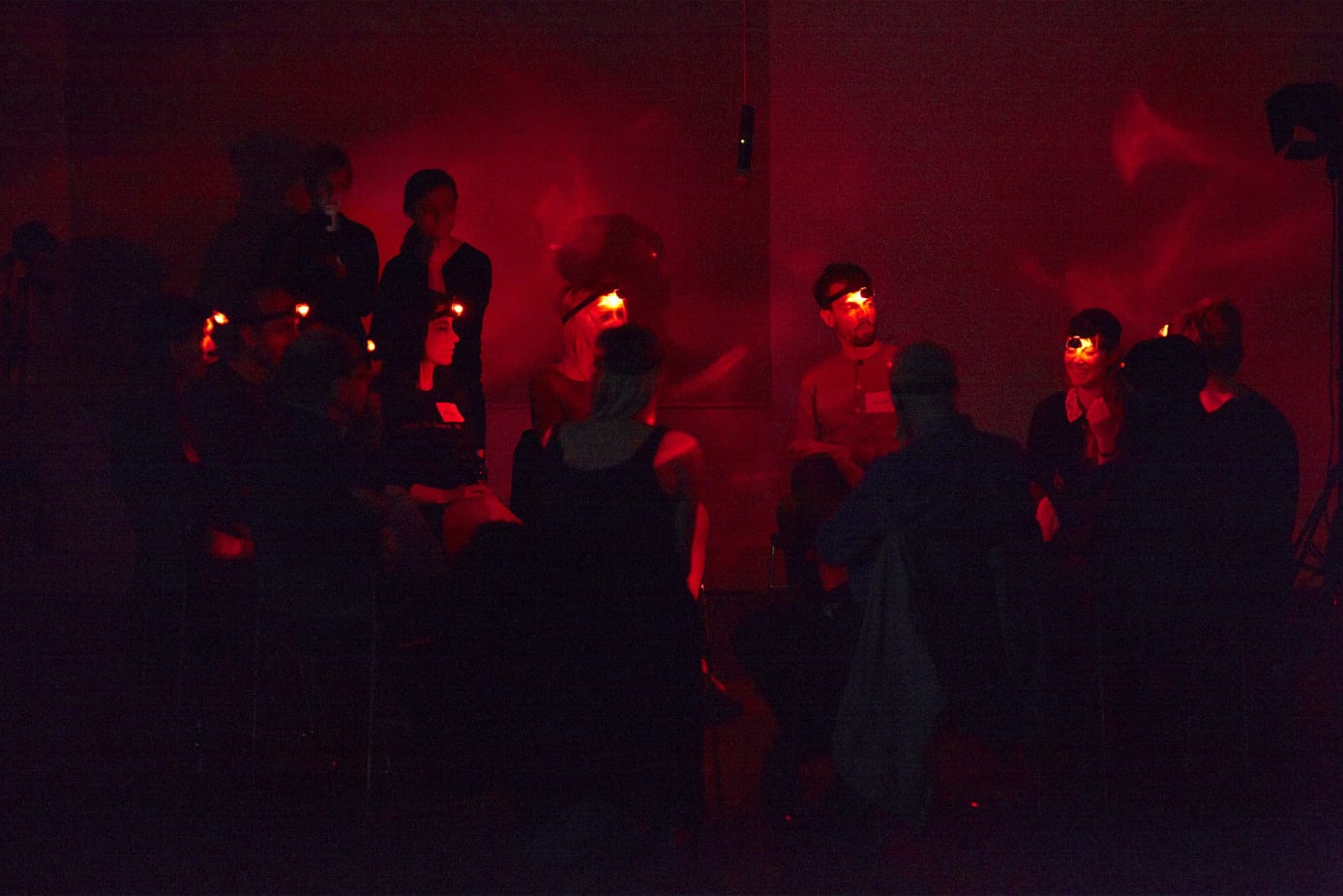
London College of Communication and pic.london launch a public programme of workshops for recent graduates that puts collaboration at the fore
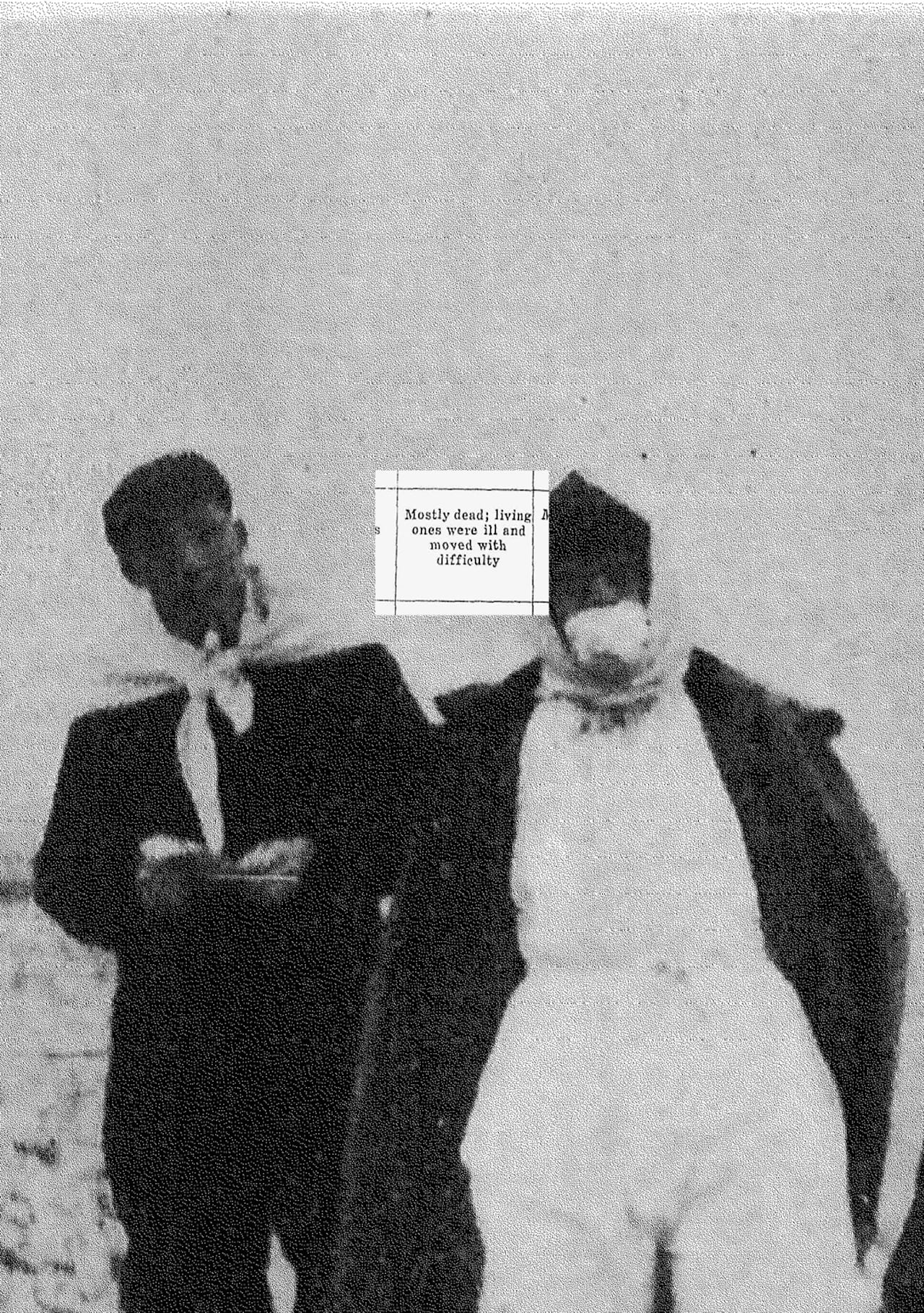
“There is a term to describe the cultural ache that Koreans go through: Han. A complex intermingling of historical, collective and personal sorrow, acceptance of a bitter present, and a hope of a better future.” Introduced to the term by a North Korean defector, Herman Rahman decided to adopt it as the framing concept for his project of the same name.
Han traces the collective history of the notoriously closed regime of the Democratic People’s Republic of North Korea, relying largely on archival imagery and found text to probe at the borders of a near-impenetrable subject. The work is an interrogation, not only of the secrecy of the North Korean state, but also of the nature of photography itself.

It’s show time for a new batch of graduates, with photographers and artists around the UK showing off the last work they’ve completed as students. The BA Photography and BA Photojournalism & Documentary Photography shows have already taken place at the London College of Communication, for example with strong portfolios by Herman Rahman and Freya Clayton-Payne, among others; the University of Westminster’s MA Documentary Photography and Photojournalism and MA Photography Arts students are showing their work at Ambika P3, London from 23-28 June, meanwhile, with new graduates including Cheryl Newman, former photography director of the Telegraph Magazine.
Free Range at London’s Old Truman Brewery, meanwhile, offers institutions based outside the UK’s capital the chance to show work in it, taking over the East London warehouses for two photography weeks – 22-25 June, and 29 June-2 July. Exhibitions are free and open from Friday-Monday both weeks, and institutions taking part include Falmouth University, Arts University of Bournemouth, and University of East London. Here BJP picks out our selection of the works that will go on show.
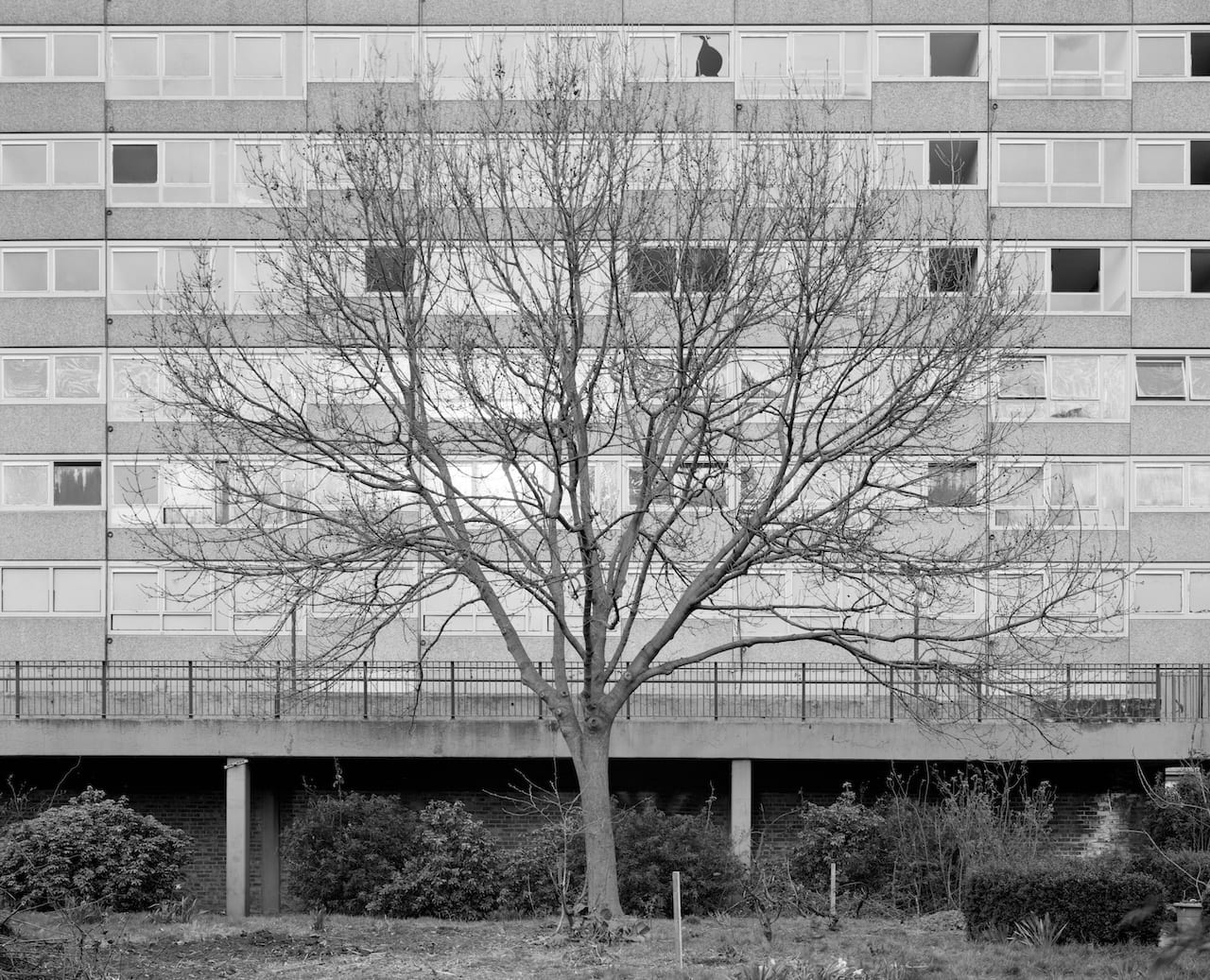
Completed in 1974, London’s Heygate Estate was once a symbol of triumph over destruction, housing some 3000 people on the site of Victorian tenements destroyed by World World Two bombing. The estate was also home to an ‘urban forest’ planted in the 1970s, which included the best part of 500 mature trees by 2011, when Matthew Benjamin Coleman started to photograph the site.
But by 2011 Southwark Council, which owned the estate, had also already moved out many of its tenants and leaseholders, starting a process which culminated in it selling the land in 2013 to the Lendlease property developer. As the estate depopulated, “guerrilla gardeners, graffiti artists, skateboarders and parkour enthusiasts, as well as photographers, film-makers, and other assorted ruin-tourists” moved in, says Coleman; he adds that, of the 406 trees on the estate in 2013, 286 were felled to make way for building work.